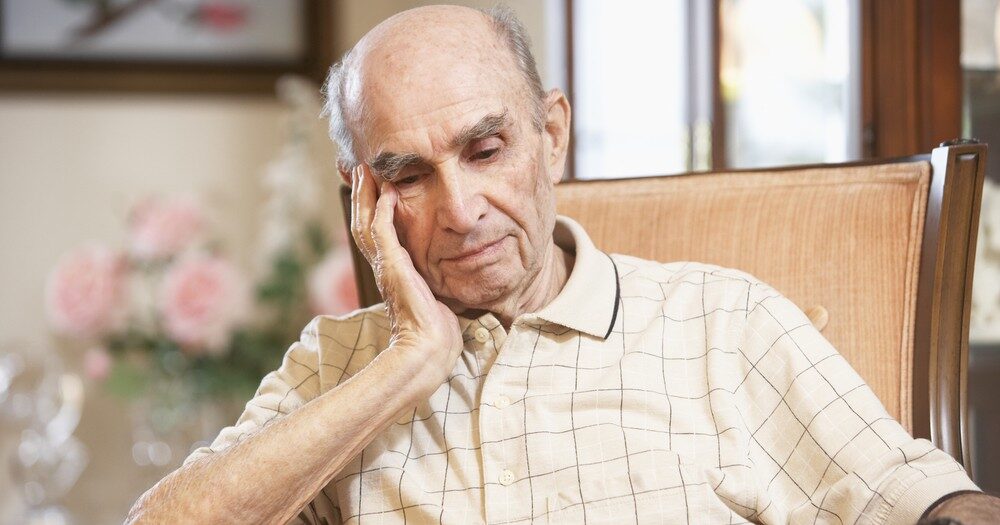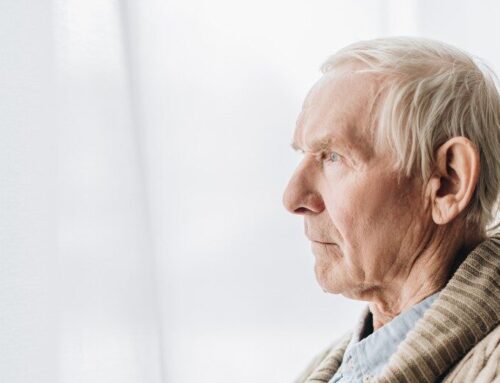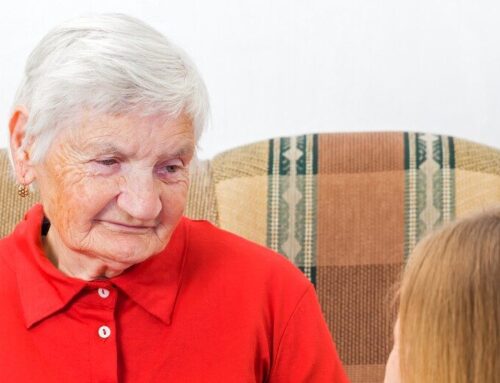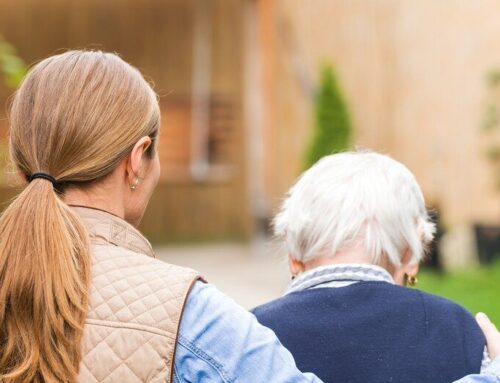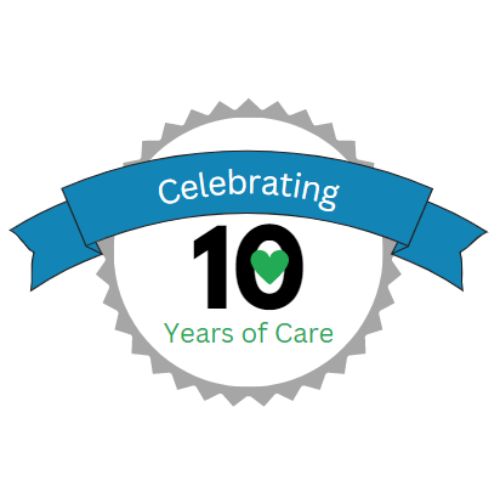Did you know that there may be a major connection between dementia and depression? In fact, depression could be an early sign of dementia. It can also contribute to the severity of some forms of dementia. Age is one of the main risk factors for dementia; so, many older adults have developed a form of this mental illness. Depression, on the other hand, affects people of all ages. Even so, late-life depression can affect older adults and lead to the development of dementia and other mental disorders. If you have an older family member, it’s important to know more about the connection between dementia and depression. With more knowledge about this matter, you can work to help prevent or treat depression in your loved one’s life. Again, there are a few ways in which a state of depression can be directly linked to the development of a type of dementia.
As we discuss the various relationships between dementia and depression, it’s important to keep in mind that the two are not always connected. It’s possible for late-life depression to set in as a result of loneliness, grief and many other things. So, if you believe that an older adult in your life is showing signs of depression, it’s important to ask for medical and professional help in treating your loved one. But, it’s also critical to think about the possibility that your loved one could be suffering from both dementia and depression. Let’s talk a little bit about how the two are linked and how you can help take care of your older loved one.
Defining Dementia and Depression
As we mentioned earlier, depression has been known to impact the lives of both younger and older individuals. Young children, teenagers, adults and seniors alike have all encountered depression. It’s a mental health disorder that negatively affects the way people feel. There are multiple types of depression. But, generally speaking, depression is characterized by a depressed mood, which often causes people to lose interest in things they once enjoyed. This could involve social interaction and family activities. Some individuals even lose their appetite and, as a result, experience unhealthy weight loss. Depression has also caused some people to suffer from sleep disorders and experience feelings of guilt, worthlessness and shame. Some people struggle with fatigue and energy loss because of depression. This mental health disorder also affects people’s thinking processes and cognitive activity, even resulting in memory problems and concentration issues.
“Dementia” is actually a term that refers to a group of cognitive disorders. There are many types of dementia, each caused by different things and each producing its own symptoms. Unlike depression, dementia is most commonly seen in older adults. However, much like depressive disorder, dementia affects the way a person functions on a daily basis. It impacts people’s cognitive processes. Memory loss is a common symptom of dementia. So, people who have dementia may suffer from frequent forgetfulness and impaired thinking patterns.
Are Depression and Dementia Affecting Your Loved One?
Some of the signs of depression include:
- Fatigue
- Confusion
- Sleeping trouble
- Hopelessness
- Constant sadness
- Feelings of helplessness
- Loss of energy or motivation
If you have seen any of these symptoms in your loved one’s life, it’s possible that he or she is dealing with depression. But, the actual cause of his or her depression could be dementia. Sadly, it is common for individuals to suffer from intense, lasting sadness and anxiety because they are dealing with illnesses like dementia. And depression can actually cause conditions like dementia to worsen over time. So, it’s important to get medical and professional help for your loved one if he or she is suffering from depression and dementia.
It’s not easy to know exactly how to help those who are suffering from dementia. If you need help taking care of the older adults in your life, please contact us here at Florida First Senior Home Care.

